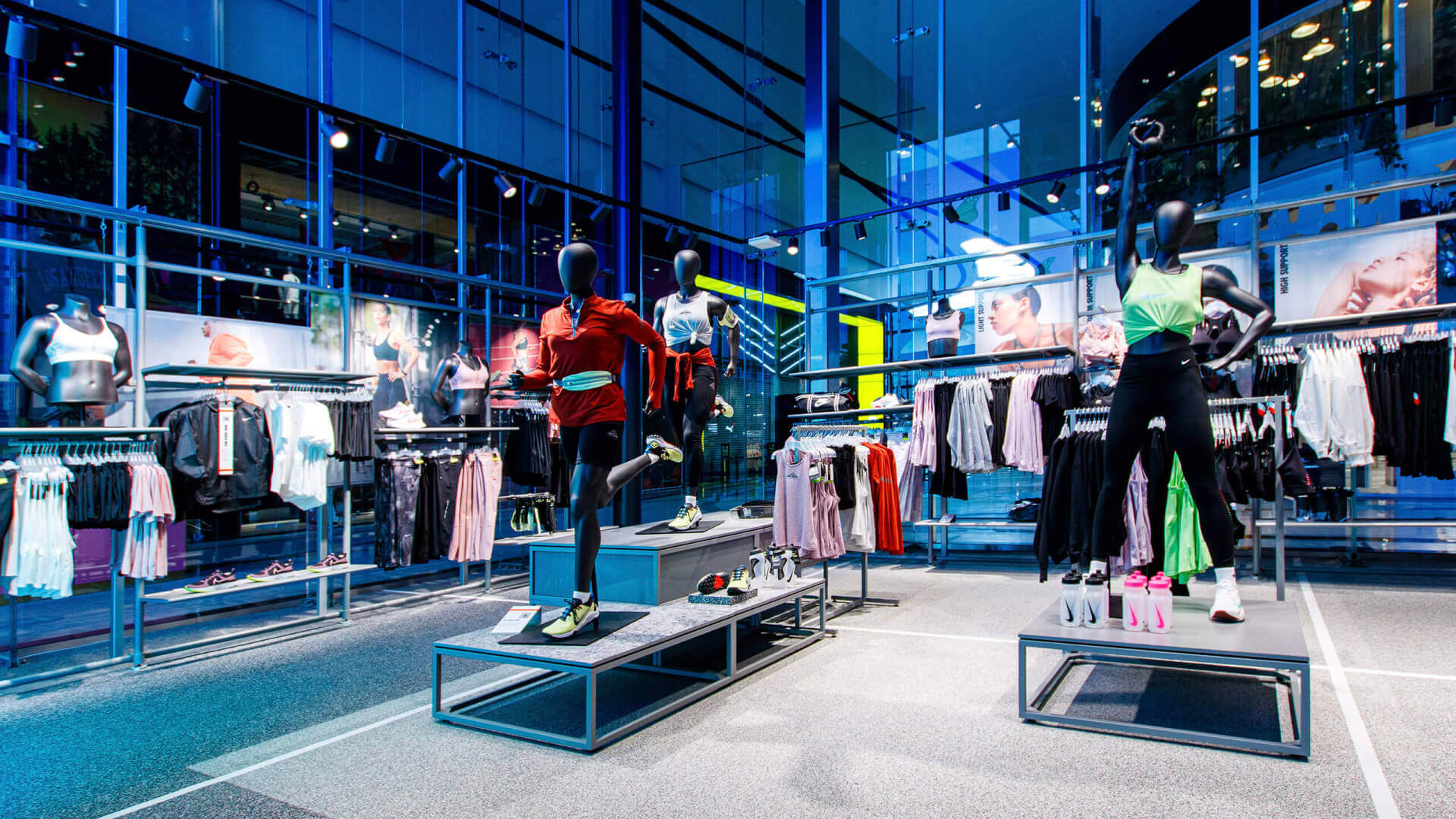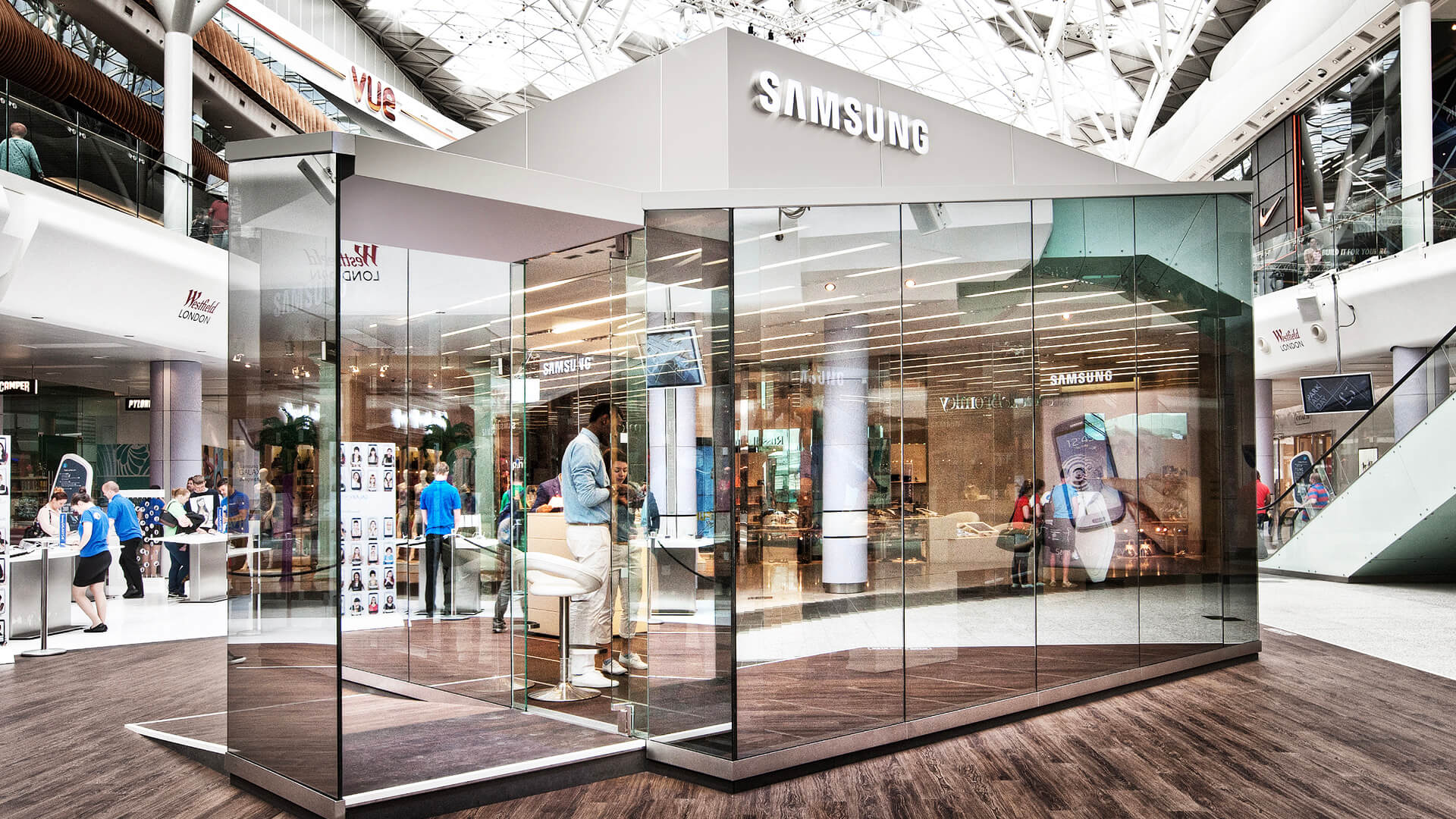20+ years
For over two decades, we don't just follow, we lead, challenge, and pioneer. Our innovative frameworks and brand models redefine the game and set new standards for the industry. We pride ourselves on flawlessly blending art with science, strategy with human imagination, and the right technology with data.








